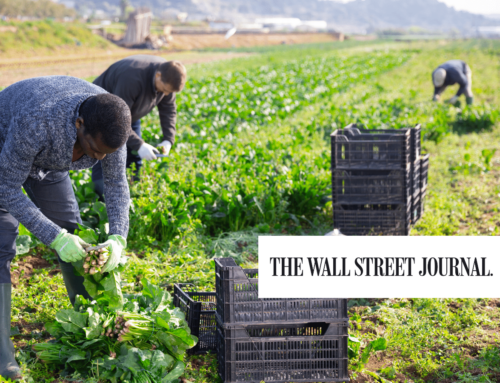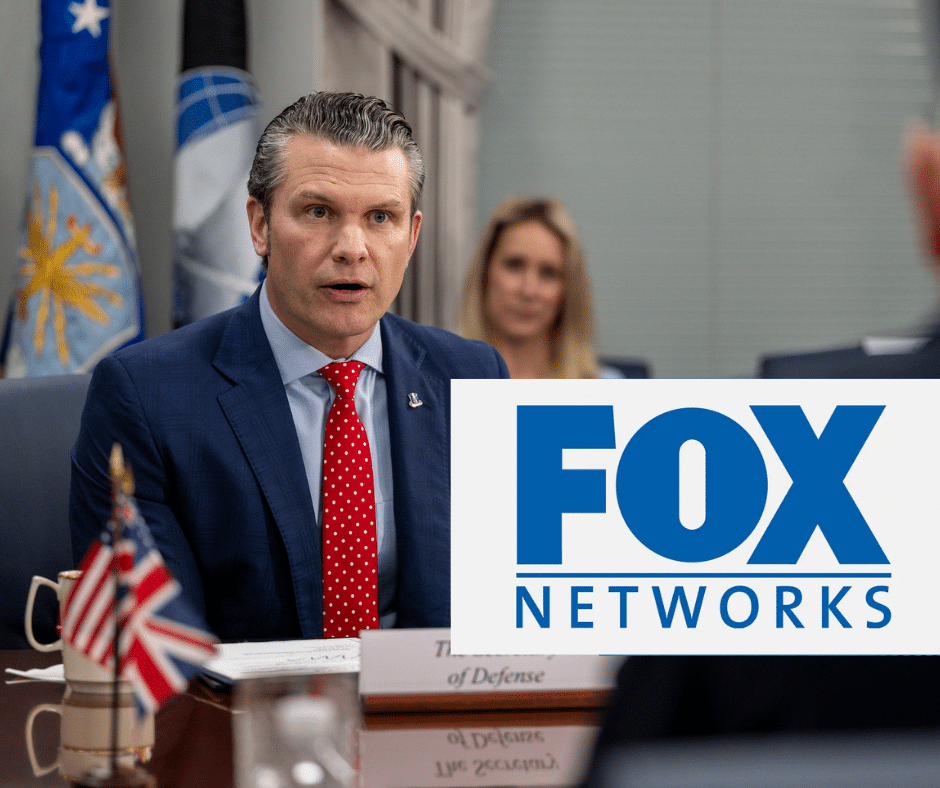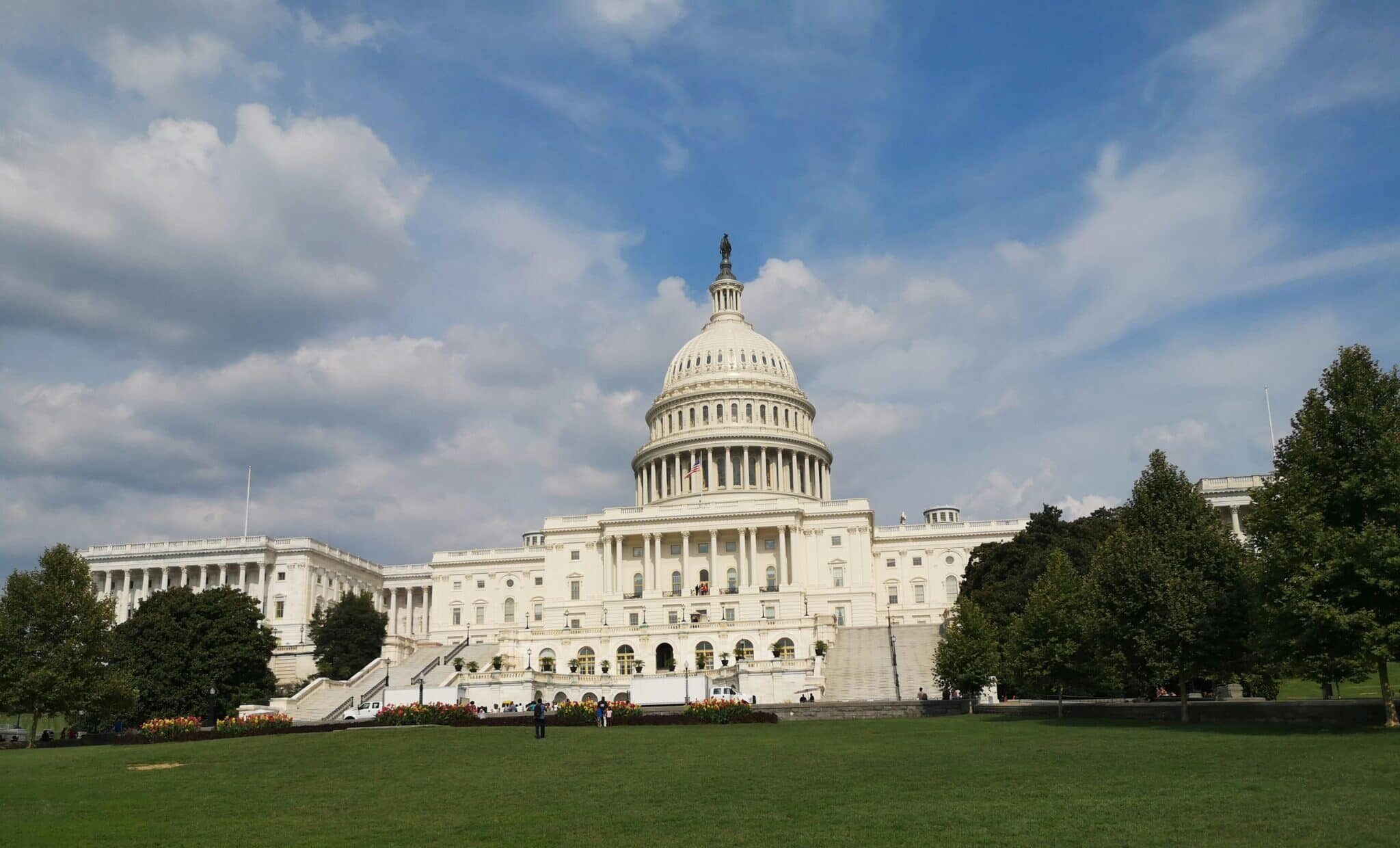In a rare flash of bipartisanship, Congress this week passed the Global Food Security Act (S. 1252). The $7 billion bill provides congressional authorization for the Obama Administration’s Feed the Future program and creates a new program to more efficiently spend cash for foreign food aid during emergencies. While many advocates applaud S. 1252 as an effective and common sense approach to doling out foreign food assistance, which it is, they fail to acknowledge one of the bill’s biggest shortcomings: It leaves untouched the complicated, costly, and at times ineffective web of existing foreign food assistance programs. And it does this at the behest of special interests.

The Global Food Security Act is a departure from this antiquated, special interest driven process. The bill gives a congressional stamp of approval and authorizes more than $1 billion a year for Obama’s Feed the Future Initiative. Started in 2010 by executive fiat, this program attempts to improve the agricultural sectors of 19 of the neediest countries in order to wean them off U.S. assistance. It appears to be working. S. 1252 builds on Feed the Future by requiring a government-wide strategy for addressing food security and establishes evaluation measures. In addition, it authorizes up to $2.8 billion annually for the Emergency Food Security Program (EFSP). This is a program run by the United States Agency for International Development in which funds are used locally to purchase food. It’s a lot more effective at delivering food quickly in times of emergency. Rather than waiting weeks for goods to be shipped across the globe, electronic funds can be transferred in seconds. This is especially helpful for land locked nations with difficulty transporting goods or large populations of refugees (places like Afghanistan or Jordan) or when a tsunami devastates a coastline but leaves inland farming regions untouched.
By creating more nimble, efficient programs, mandating creation of a government-wide strategy and requiring evaluation of the programs, S. 1252 seems designed to make government work better. Except it’s not. And a reading of the bill makes that clear.
In their bid to ensure this bill doesn’t actually lead to reform of existing aid programs, Agriculture committee members negotiated for months and finally added a final section stating that nothing in the bill or the evolving national strategy “shall be construed to supersede or otherwise affect the authority” of existing food aid programs. Just to be clear: The bill then lists the various programs that are to be unaffected and provides a catch all “Any other food and nutrition security and emergency and non-emergency food assistance program of the Department of Agriculture.” They're saying, effectively, 'it’s great to create a more efficient and cost effective program, but don’t dare eliminate any waste in the process.'
The U.S. provides foreign food assistance for humanitarian, diplomatic, and strategic reasons. As a nation, we must be cost effective and get the most bang for our buck. Creating innovative programs with the flexibility to adjust to current needs is the only way to go. The special interests might like the idea of layering fresh programs on top of less effective programs but that’s not smart government policy.










